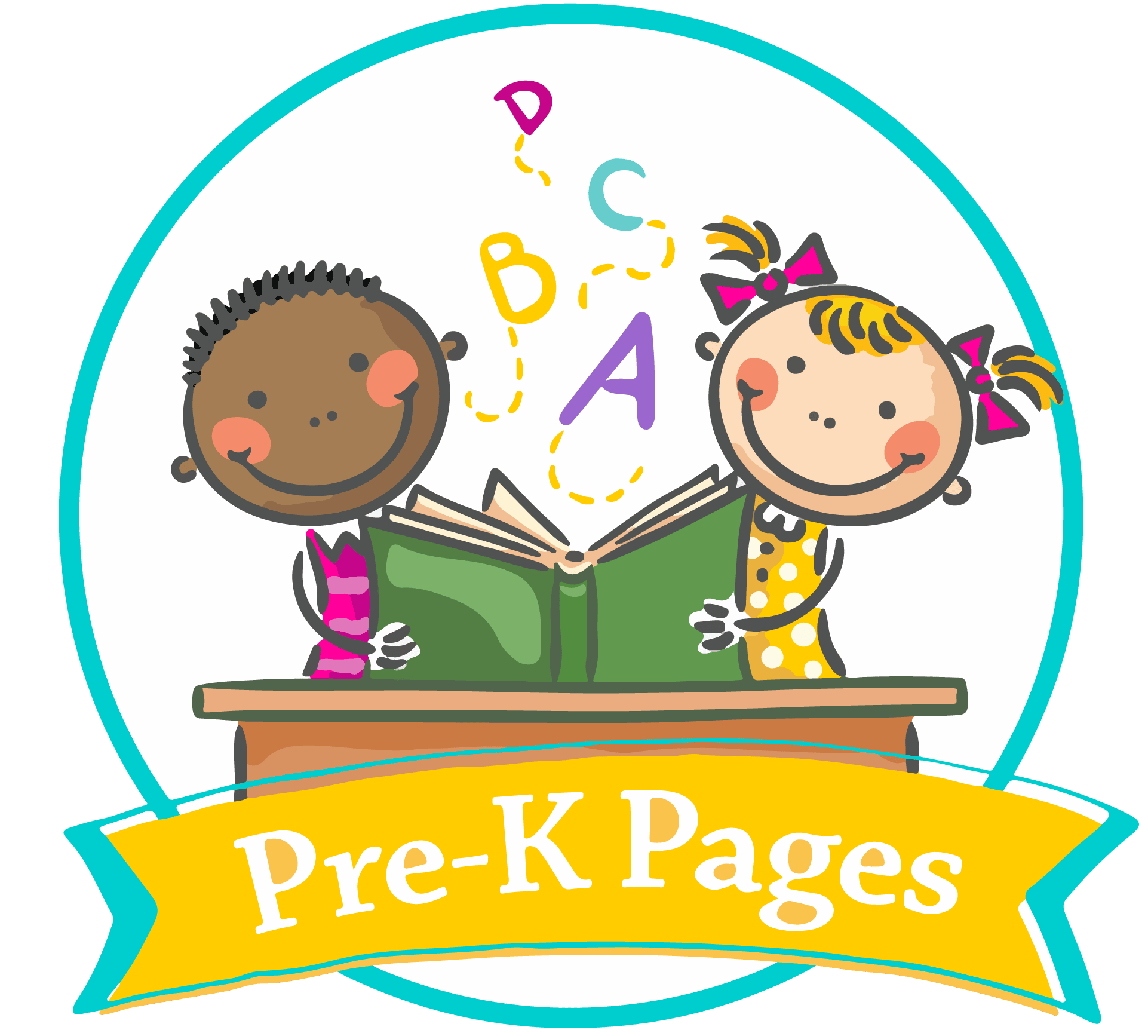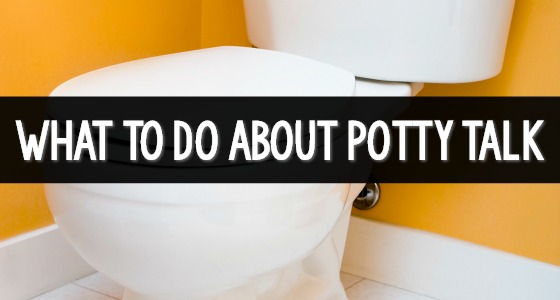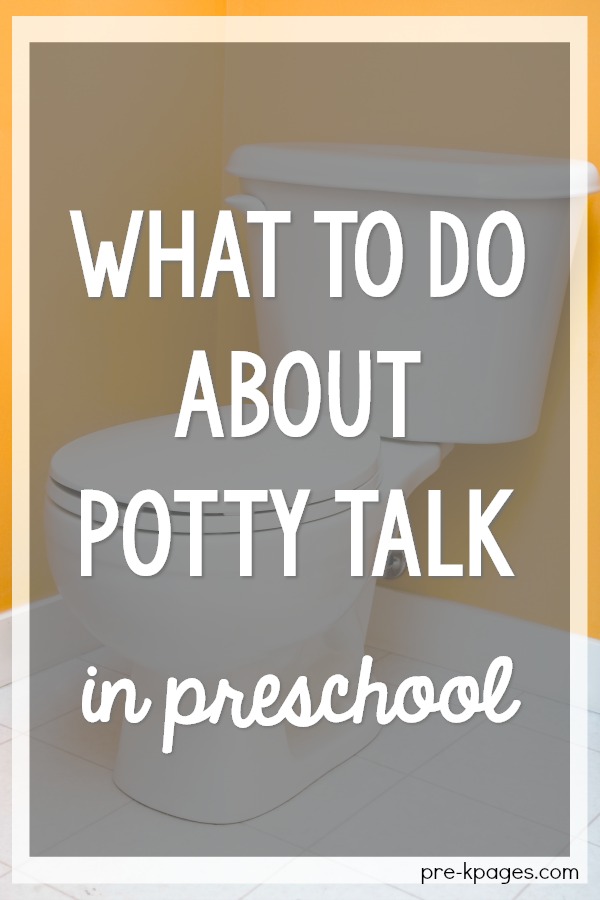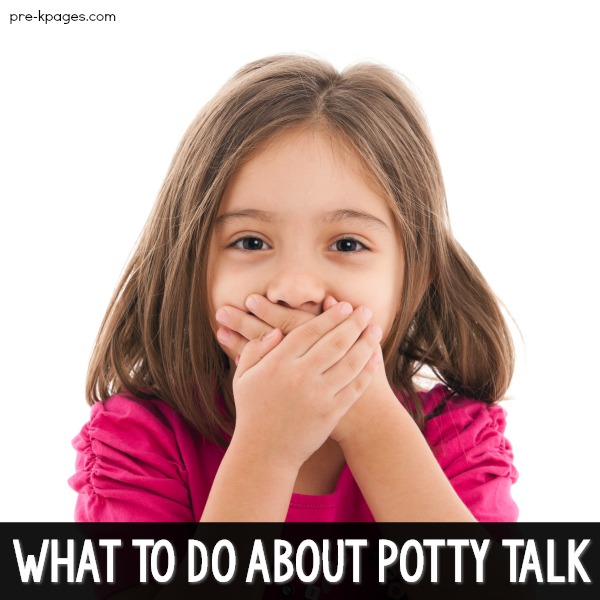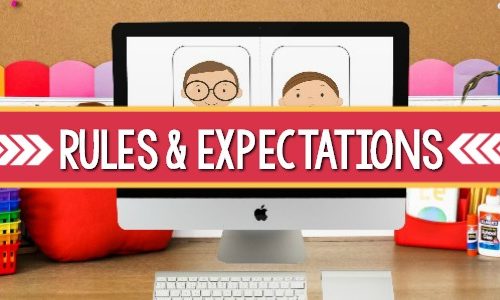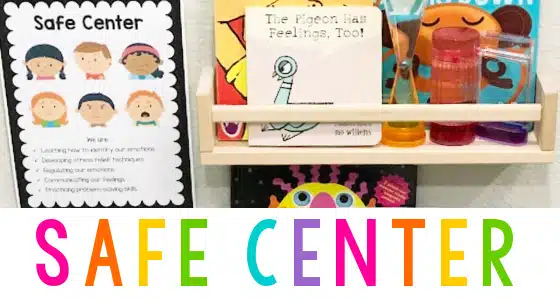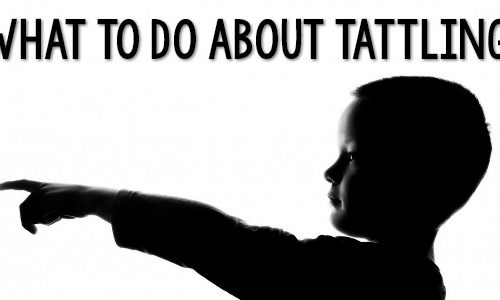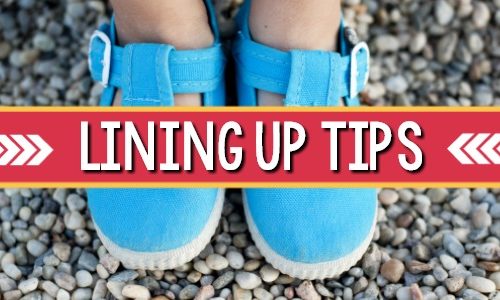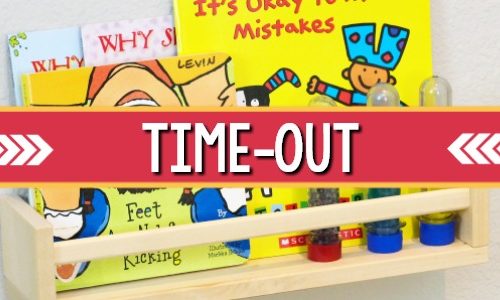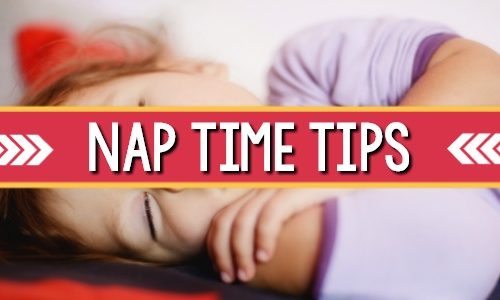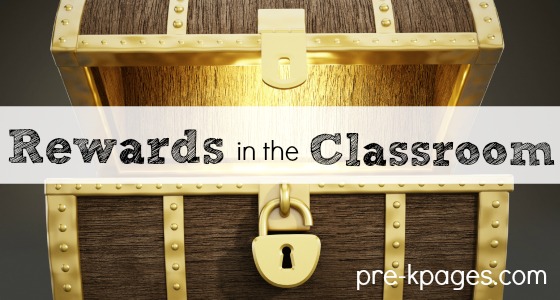Often cursing, swear words, and potty talk will appear in a preschool classroom (or at home with preschoolers). This kind of talk is a totally normal stage for preschoolers. While not all preschoolers will use these words, many experiment with them, just like they experiment with all language. Even though this behavior is normal, it still can be embarrassing or troublesome. These tips can help you get a handle on cursing and potty talk in your classroom or home.
Why Do Preschoolers Potty Talk?
All behavior is communication. When a child uses potty talk, he is communicating that he has a need that is unmet. Often that need is a need for power, for control. Children want to be in control because they often have little or no control over their lives. Adults make choices and decisions for them. Or a child may have a need for attention. He will do whatever he can to get attention, even if that is negative attention. So a child will begin to use these “powerful words” to feel some control or to gain some attention.
Some children may have deeper needs. They may have experienced trauma in their young lives. They really feel a lack of control and may have difficulty expressing their feelings, especially anger. These children will use powerful words to express themselves when angry or frustrated. As teachers we can help teach them other ways to express their feelings, more appropriate ways.
Our job is to be responsive to the child’s needs, whatever those needs are. We can teach them alternative ways to get their needs met. Create ways for children to feel powerful, in control. Help children know appropriate ways to garner appropriate attention. And help children develop tools to express themselves and be successful, tools that will help them throughout their lives.
3 Tips for Dealing with Bad Words
Remember these three things when confronting potty words:
- Don’t take it personally
- Stay calm
- Show no emotion at all, not even shock
Often adults feel that swearing is a reflection of them as teachers or parents. Remember, you’re not the one swearing in the classroom. The children didn’t learn it from you, so don’t feel responsible for it; it’s not your fault.
If you do take it personally, you’ll react in ways that will be reinforcing the behavior, and when you try to punish the behavior it will backfire. It can become a battle of wills…and preschoolers are very strong-willed.
Avoid giving any reaction when the words are used. Whatever you do in the seconds that follow the potty talk will reflect in what happens next (and what is repeated). Let the words flow over you. Don’t show any emotion or reaction. Keep your facial expressions neutral. If you give a reaction, you give the child what he wants. And he will repeat the action to get the same response.
Talk About Words
When potty talk or swear words first appear in the classroom, have a class meeting. Talk about words and how they are used. Tell preschoolers that some words are not used at school. Don’t call words “bad words.” If a child hears a parent use those words, he may feel his parents are bad. Focus on the fact that some words are not appropriate to use at school.
Even when children KNOW they’re not supposed to say them, they will because those words get the attention of others. Or children will use the words because they don’t know other ways to express themselves. Give the children the tools they need to feel powerful and express emotions. Use conversation like: “It sounds like you may be angry. Those words are not words to use at school. What other words could you use to tell him you are angry or upset. How about ‘Stop it! I don’t like that!’ Let’s practice saying that together.”
Be sensitive and responsive to each child’s needs. Respond to those needs and feelings in the best way possible.
Watch the Video
More Preschool Behavior Tips
